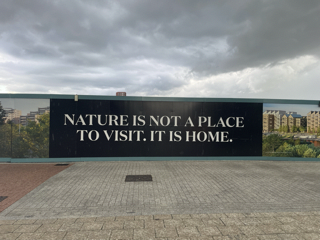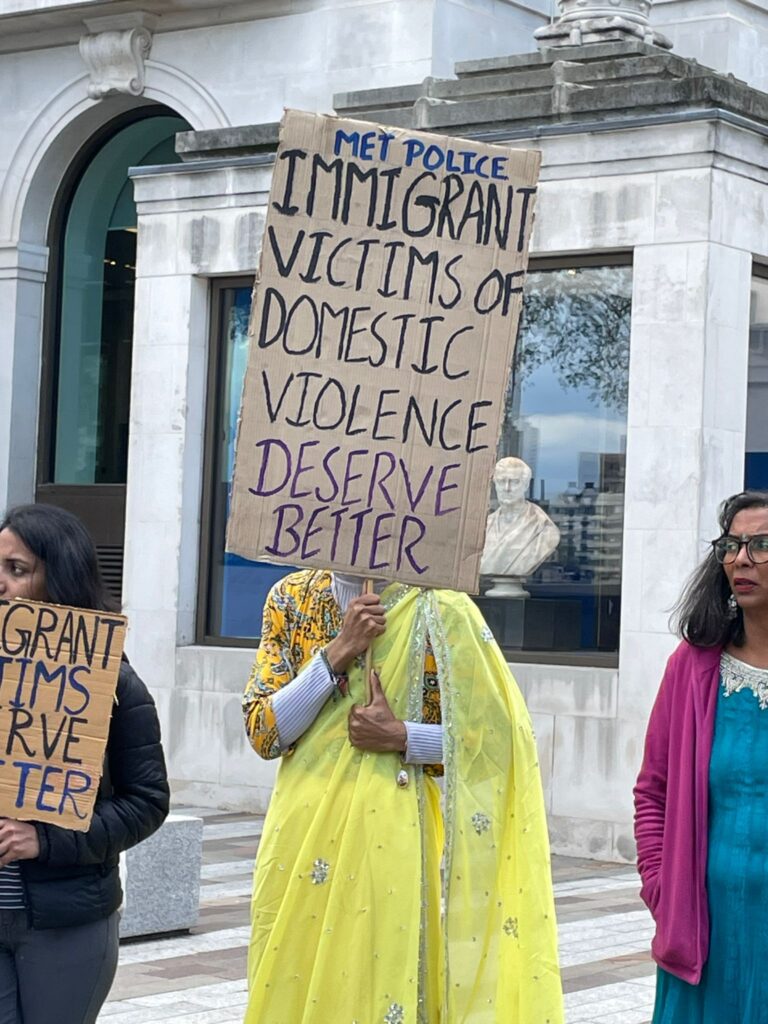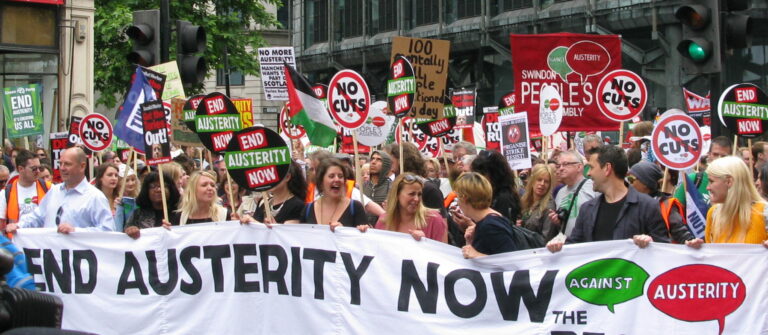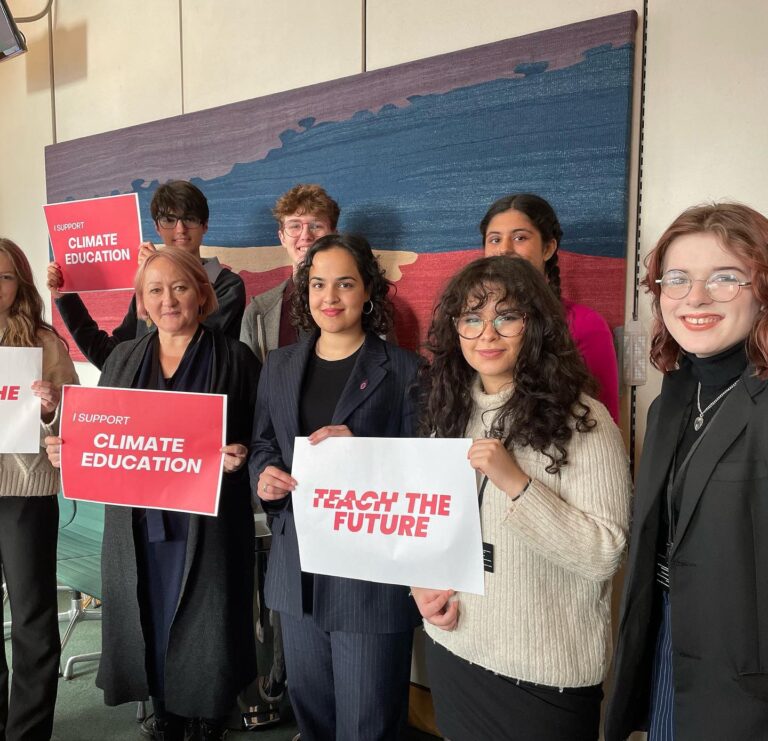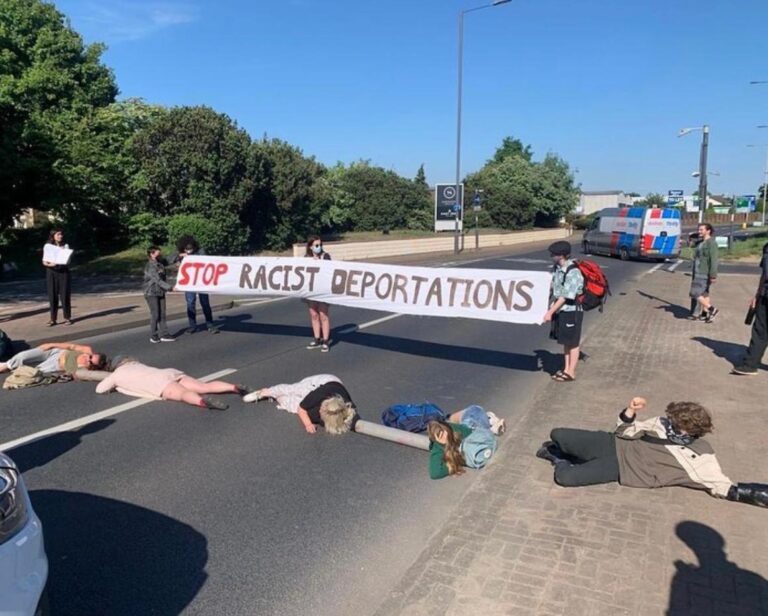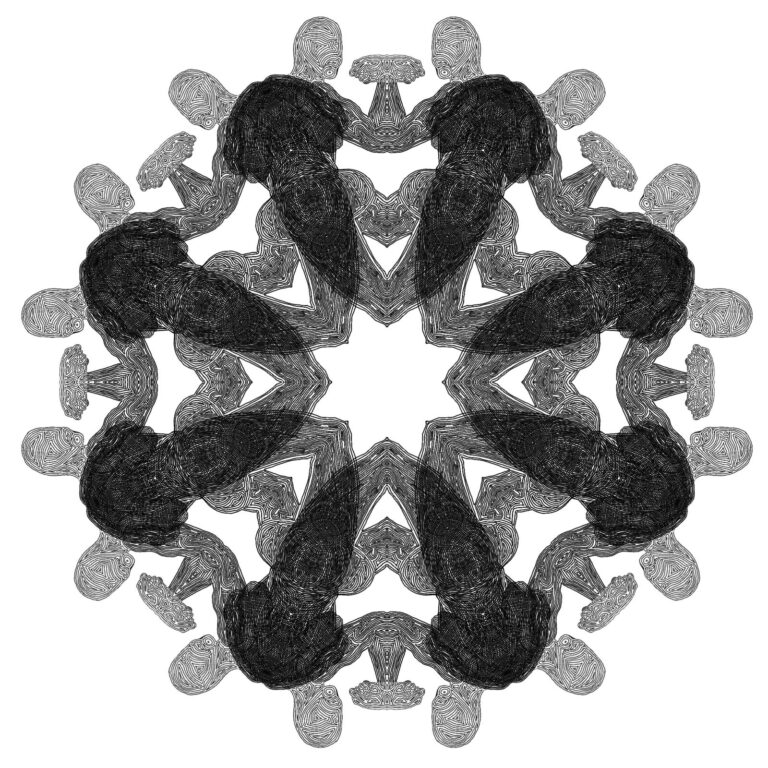It’s a familiar tale: property developers promise to regenerate an area, they buy acres of land, and later erect new-build apartments and houses.
Meanwhile, the local community begin to voice their concerns: concerns about being priced out of the area, concerns that they will lose a tight knit community developed over decades.
Many Southall residents had these worries when, in 2016, the Berkeley Group, a property developer, began redeveloping the old Southall gasworks.
But soon, a different concern came to the forefront. The new development was being built on contaminated soil. Many locals began to claim they were experiencing breathing problems and asthma. There have even been allegations of an increase in lung cancer.
Some believe these claims aren’t being taken seriously enough because they are being made by residents of the most deprived area in the borough of Ealing.
Southall, nicknamed “Little India”, is home to the largest Punjabi community outside of India. Southall’s residents also earn the least in the borough and the area has a high rate of child poverty, 41.4 per cent as compared to the national average of 30 per cent.

Despite the deprivation, the area is culturally vibrant. The Broadway, Southall’s main street, is bustling and lined with colourful fabric shops, selling brightly coloured garments. Street vendors sell traditional Punjabi snacks, samosas and chole chaat.
Residents have longer-term fears about the impact regeneration will have on the cultural fabric of Southall, but in the immediate term, there are pressing fears about the project’s health impact.
One of the first stages of the redevelopment was cleaning the soil of contaminants, such as naphthalene, cyanide and benzene. Berkeley treated the soil onsite, in a so-called ‘open air soil hospital’, rather than transporting it elsewhere to be cleaned.
Exposure to cyanide can result in cyanide poisoning, which can cause headaches, dizziness, shortness of breath, among other symptoms; while long-term exposure can lead to neurological issues. Exposure to naphthalene is thought to cause similar symptoms.
Meanwhile, some studies suggest that exposure to benzene can increase the risk of some cancers by as much as 40 per cent.
In 2016, Sufiyan Abdul-Qayum noticed his asthma seemed to be getting worse. Around the same time, many Southall residents began complaining of a strong smell of petrol. Other residents complained of breathing problems, sore eyes, and dizziness.

“Cafes on The Broadway couldn’t even leave the doors open on a hot summer’s day, because the smell [of petrol] was so strong”, Abdul-Qayum says.
It took a while for people to make the association between the redevelopment and the smell of petrol. But soon, a campaign group, Clean Air for Southall and Hayes (CASH), was formed.
Abdul-Qayum, who is now 22, joined CASH when he was a teenager. When he turned 18 , he asked for a more active role in the group and is now one of the coordinators at CASH. The bright and animated young man has dedicated years learning about air pollution. He refers to himself as the youngest activist in Southall.
He also works as a medical administrator in a GP surgery in Southall, and says patients, including young children, regularly complain of breathing problems.
“This has happened over the last two years. I said to the parents ‘where do you live?’ and they give me their address, and it’s always around UB1, where the gasworks is.”
Abdul-Qayum tells harrowing tales of members of his community who experience breathing issues and are now housebound. A couple of years ago, a close friend of his passed away from lung cancer. “He never smoked a day in his life,” he says.
CASH says the council has not taken the resident’s concerns seriously. Abdul-Qayum questions whether this is because it is harder for members of ethnic minority communities to make their voices heard. According to the 2011 census, 93.7 per cent of Southall Broadway’s population is black or minority ethnic.
“The council are neglecting us. But this wouldn’t happen in any other part of Ealing, they would listen to White Britons [concerns],” Abdul-Qayum says.
Although, a spokesperson from Ealing Council claims they are paying adequate attention to the concerns of residents: “We have appointed a dedicated environmental protection officer to carry out both proactive and reactive odour assessments in areas surrounding the former Gasworks site in Southall. Complaints are investigated, witnessed and evidenced.
“We will continue to monitor the situation closely, and want to assure residents that we are taking their concerns incredibly seriously.”
Neil Reynolds, chair of the Ealing Green Party says that the local government has failed the people of Southall.”Whilst there is a housing crisis, and new homes are needed, the old gasworks development has been totally mishandled. The failure to monitor and measure emissions from the contaminated site have led to residents being exposed to noxious air pollution.”
To make matters worse, says Abdul-Qayum, the new homes are not being built for the young Southall residents looking to move out of their parents’ homes.
Also Read: The future is legal: the Colombian youths fighting against the illegal drug trade
Abdul-Qayum says he and his peers couldn’t afford to live in the redeveloped flats. Instead, he believes the development is for higher earners whose interest in moving to Southall was sparked by the development of the Elizabeth Line in 2022.
Meanwhile, CASH’s work is gaining traction. At the end of April, Imperial College London announced they will study the potential health impacts of the redevelopment. Scientists will place chemical samplers throughout the area and collect blood and urine samples from residents.
What does Abdul-Qayum want out of the campaign? “I want proper mitigations, proper risk assessments, for them to listen to us”, he says. He wants justice for the young people of Southall, who have grown up in the shadow of this redevelopment.
In a written response to Clay Magazine’s requests for comment, a spokesperson for Ealing council said: “There has been extensive correspondence between the Leader of the Council and Clean Air for Southall and Hayes, demonstrating the process the council has followed to address residents’ concerns. This has been on a range of issues, including explicit explanation and discussion of the regulatory and enforcement options available to the council to try to resolve this issue (which are very limited). We have engaged with both Public Health England and the Environment Agency to encourage them to undertake rigorous monitoring so that in the event that there are breaches of legal limits, the council can and will take swift enforcement action.”
